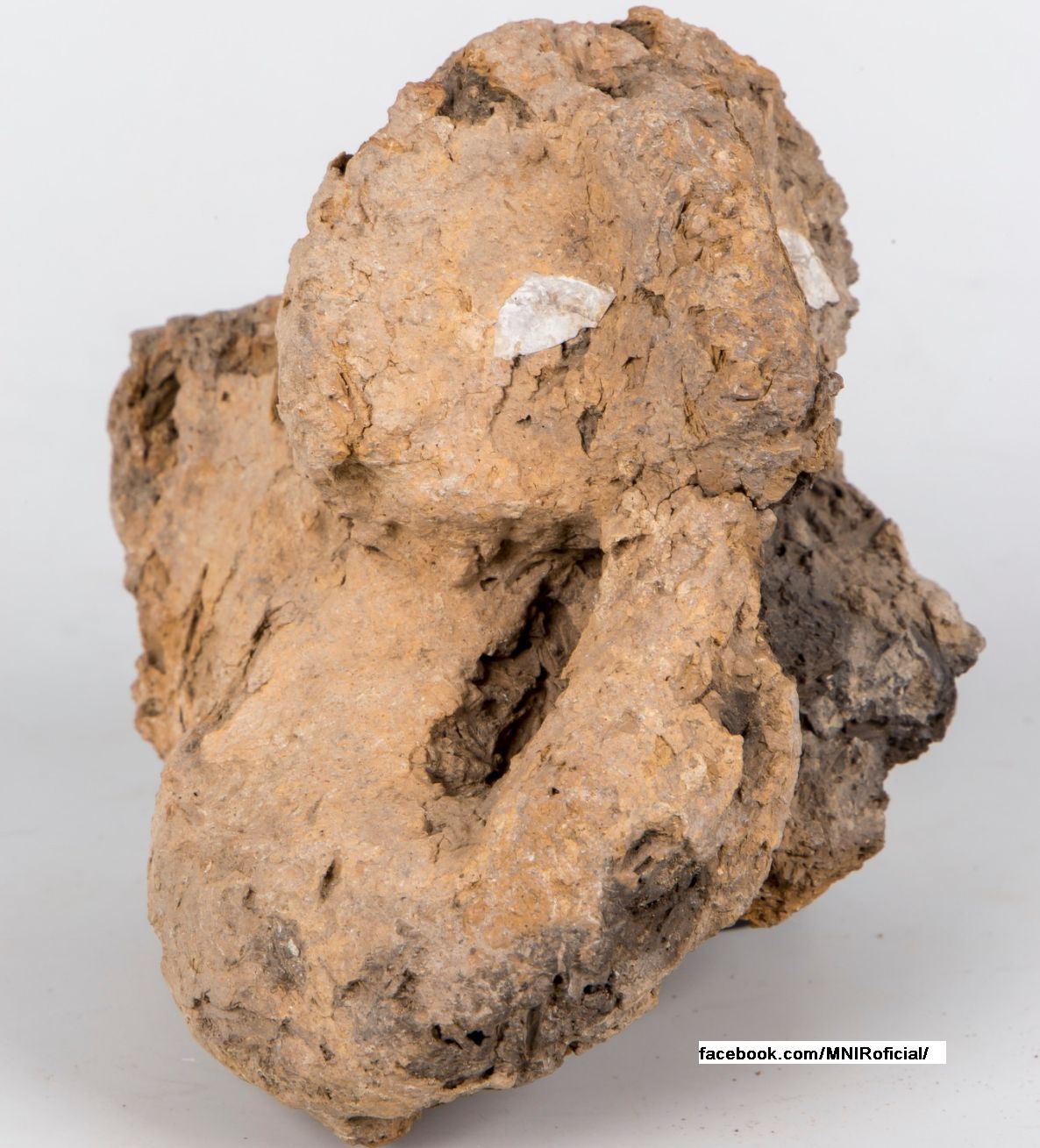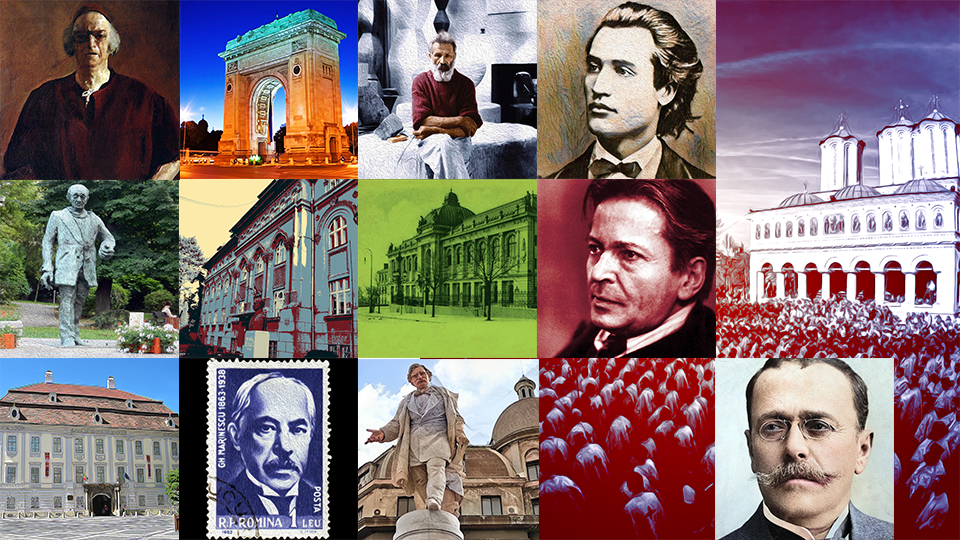Radio Holidays
Anyone who went on holidays to the Black Sea Coast, particularly before 1989, must have tuned in to Radio Holidays, a regional channel of the Romanian Radio and TV Broadcasting Corporation in the resort of Mamaia, close to the city of Constanta.

Steliu Lambru, 31.10.2015, 14:30
The station started broadcasting back in 1967 and was part of the communist regimes image building strategy. After 1989, the commercial considerations prevailed and the channel joined the competition on the local radio market.
As any identity channel, Radio Holidays used to have an unmistakable call sign. It was a more alert version of the well-known Danube Waves waltz composed by the Romanian composer Iosif Ivanovici. The station used to broadcast between 9 am and 2 pm and again between 5 pm and 7 pm in five languages: Romanian, English, French, German and Russian. Alecu Marciuc was one of the journalists who worked with Radio Holidays in its early beginnings.
Alecu Marciuc: “Radio Holidays was an experiment both for the national radio station and for the journalists working for Radio Romania International. Every summer from June to late September, reporters from RRIs foreign language sections went to work for Radio Holidays in Mamaia. It was our summer radio channel targeting Romanians and foreign tourists alike. It was the radio station where I learnt the tricks of the trade, having started there only one year after becoming a radio employee. I didn’t know before what a radio programme for foreign tourists should be like, I didn’t know what a sound recorder was. At the time we used the infamous Uher, which weighed up to 10 kilos.
According to our interlocutor, Radio Holidays used to be a breath of fresh air in terms of journalist work, a channel where political pressure wasn’t felt that much.
Alecu Marciuc: “At the time, Romania was one of the few countries in Europe to have a summer radio station. Only Monte Carlo had a similar station. Our broadcasts were also received in Odessa, and we used to receive a lot of letters from there. So the station could be reached across the Black Sea and was highly appreciated in those parts. People used to listen to Radio Holidays from morning till dawn. Working for Radio Holidays was excellent training for us. Apart from the breeze of the sea we could also feel the breeze of freedom, as far as broadcasting went. We didn’t air any political programmes, because people were there on holiday and not to be the subject of political indoctrination. We had travel and cultural slots with news and views from the region. Those of us working for the foreign language broadcasts had information programmes about the events taking place at the seaside, particularly concerts of pop and traditional music. People got their news from us. We also had correspondents based in other seaside resorts in the south of the Romanian Black Sea Coast. We worked from morning until the evening, with a break from 2 pm to 5 pm. At 5 pm, when we started broadcasting again, we used to air mostly music programmes.
Particularly in the 1970s, the Romanian seaside resorts received many foreign tourists, both from the countries in the communist bloc and the capitalist countries. This was the result of Romanias new distance from the Soviet Union and its opposition towards the invasion of Czechoslovakia by the Warsaw Pact in 1968.
Alecu Marciuc: “The station also broadcast 15 minute long programmes in a foreign language which, besides presentations of various tourist sites, also took our guests on a trip to Constanta, the citys History Museum, the famous bust of Romanias national poet Mihai Eminescu and other such sites. We gave them a tour of the city and we used the opportunity to talk about our national poet Eminescu, visit the art galleries and introduce them to Romanian contemporary painting. Our guests had the opportunity to buy souvenirs, such as works by contemporary painters and artisans from the exhibitions staged in the nearby Holiday Village with its famous cottages specific to every Romanian region. There they could try exquisite Moldovan wines or the famous plum brandy.
Radio Holidays was also known for helping parents find their children who got lost on the beach. Alecu Marciuc says the time spent working for Radio Holidays was a beautiful experience: It was something extraordinarily beautiful and that was how we spent our days. We sometimes had time for a quick dip in the sea when we got back from interviews in other resorts. It was a beautiful time in my youth. “
Radio Holidays underwent many changes after the fall of communism in 1989 but has managed to preserve its popularity. In summer, it is available on-air, while for the rest of the year it can only be reached online, at radiovacanta.ro.





























